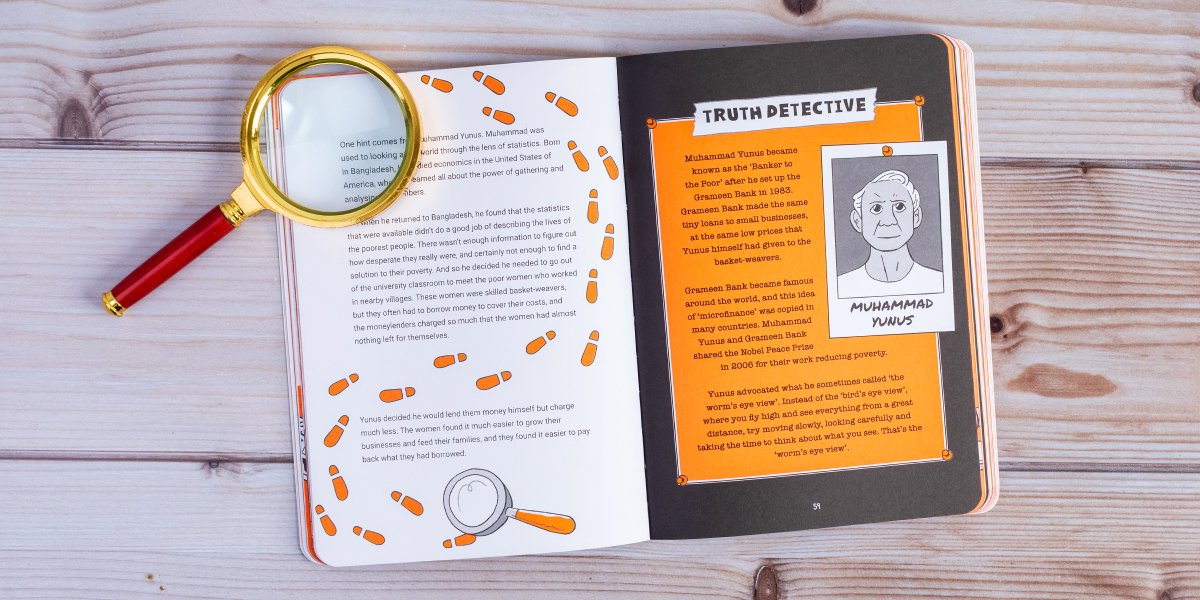My column this morning ventures into science fiction: what if everyone who was infectious glowed orange like the children in the Ready Brek ads? 

The answer: the virus would be extinct in humans within a month.
This, basically, is the promise of super-fast, super-cheap testing: test everyone, all the time, and the problem goes away (as @paulmromer said many months ago).
This, basically, is the promise of super-fast, super-cheap testing: test everyone, all the time, and the problem goes away (as @paulmromer said many months ago).
A few problems, though:
a) We don't have billions of rapid tests, and as @deeksj reminds us the testing industry is long on promises and short on solid evidence.
b) Boris Johnson has said it will happen - so obviously it won't.
c) Cheap tests will be ropey and unreliable.
a) We don't have billions of rapid tests, and as @deeksj reminds us the testing industry is long on promises and short on solid evidence.
b) Boris Johnson has said it will happen - so obviously it won't.
c) Cheap tests will be ropey and unreliable.
AND YET. I argue that if even an unreliable test can be invaluable if it is used in a smart way. (Thanks to @joshgans for helping me think through this, although he should be held blameless for the result.)
ft.com/content/059684…
ft.com/content/059684…
Just one more reminder, by the way, of the vital importance of information in this pandemic. There's a lot of statistical theatre, slippery targets, misinformation and noise around. But there are also some heroic data detectives doing their best to understand what we face.
PS If you believe the truth matters, want to understand the numbers better, and want to read a book that 'dispels the clouds of deceit and delusion' ( @stephenfry ) then I have a suggestion: timharford.com/books/worldadd…
• • •
Missing some Tweet in this thread? You can try to
force a refresh









